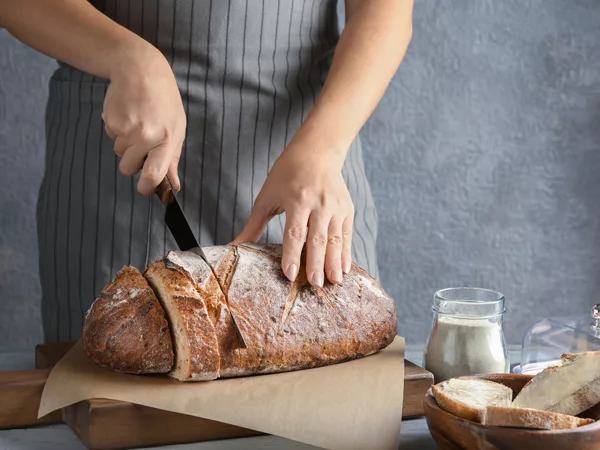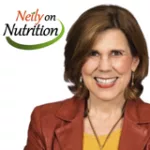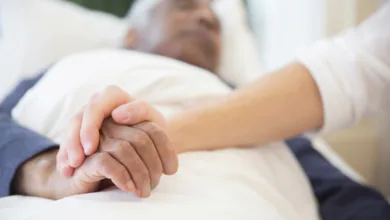Gluten: Hero, Villain, or Neither?

I recently saw an acquaintance who told me how great she felt because she’d made the decision to eliminate gluten from her diet.
I was thrilled to hear she was feeling good. But I wondered if it was due to eliminating gluten or something else.
Gluten is a protein found in wheat, barley, and rye — so, any kind of bread, bagels, pastas, pizza crust, and many sweets and treats contain gluten, among other manufactured foods.
For most people, gluten is no issue. But for someone with celiac disease — a serious autoimmune condition — gluten causes an immune response damaging the lining of the small intestine, where most nutrients are absorbed. An estimated 1% of the population has celiac disease, and a gluten-free diet for life is the only treatment.
Testing for celiac disease starts with antibody blood testing, often followed by an endoscopy and biopsy to confirm. Importantly, a gluten-free diet should never be started prior to testing since it can interfere with accuracy.
Another 6% of the population may have non-specific gluten sensitivity. For this small percentage of the population, gluten may cause abdominal distress and other symptoms. Unfortunately, there is no known test for gluten sensitivity.
Then there’s an estimated 20%–30% who follow a gluten-free diet thinking, mistakenly, that gluten is bad for them, like my acquaintance.
So why has gluten-free become so popular?
In a word: Marketing. Books dissing gluten and/or wheat are abundant and following a gluten-free diet is trendy. Myths run rampant and are common in fear-based marketing around gluten and wheat. One common falsehood is modern wheat is bred differently with higher amounts of gluten. Not true.
Many foods are marketed as gluten-free — some of which never contained gluten to begin with.
For example, peanut butter.
Don’t rule out anecdotal information. A person embarks on a diet change and goes case gluten-free. She feels better. But was it due to the lack of gluten? Perhaps other changes were made, like:
- Eating wholesome fruits and veggies.
- Limiting ultra-processed foods or highly manufactured food-like substances.
- No more refined white flour, fast food, or sweets and treats.
- Incorporating a nightly walk after dinner.
We just don’t know. If someone chooses to avoid gluten, she may think it will make her feel better. The power of the mind — the placebo effect — is extraordinary. And the nocebo effect is equally powerful. If someone thinks gluten will make her feel bad, it will.
In a 2014 study, 37 self-identified gluten-sensitive individuals consumed one of three diets for one-week each: High-gluten, low-gluten, or no-gluten. All three diets caused pain, bloating, nausea, and gas, to a similar degree. It didn’t matter if the diet contained gluten or was gluten-free.
It’s possible a gluten-free diet can help with weight loss. But it’s not magic.
If going gluten-free creates positive change in the diet — such as reducing ultra-processed food — while including more naturally gluten-free foods — such as whole fruits and veggies, nuts and seeds, low-fat dairy, and lean meats — that’s a healthy diet, and weight loss may result.
With the explosive growth of manufactured gluten-free foods, there are thousands of food products to choose from. But gluten-free junk food is still junk food.
Many may benefit from cutting back on highly processed gluten-containing packaged foods. But to eliminate all gluten-containing foods (unless medically needed) is usually foolish and unnecessary.
For more information, visit the National Celiac Association, the Celiac Disease Foundation, and the National Foundation for Celiac Awareness.





